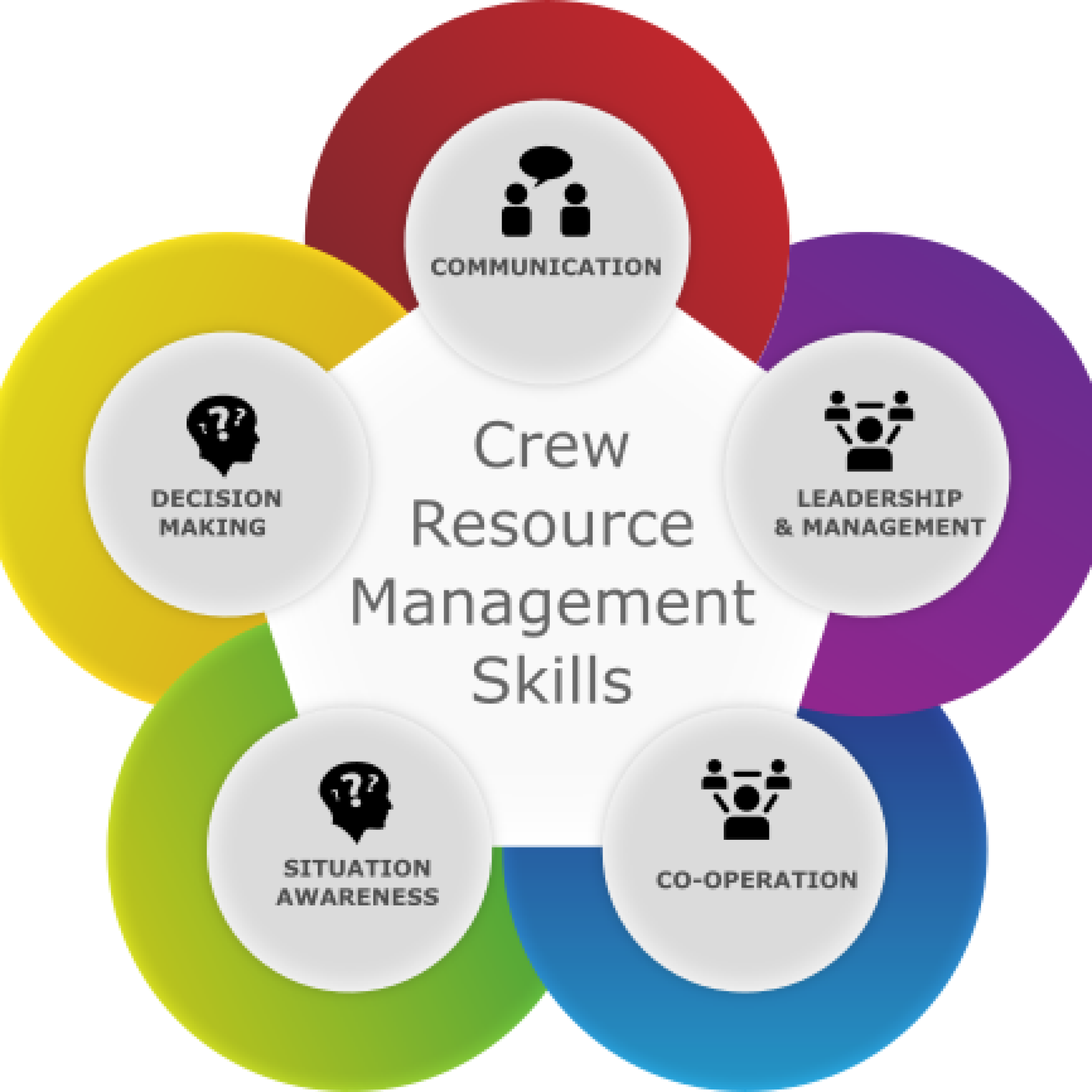As CRM in aviation takes center stage, it is imperative to delve into the transformative power it holds in shaping the industry. By fostering stronger customer relationships, airlines can soar to new heights of success, unlocking a world of benefits that will revolutionize the aviation landscape.
CRM in aviation empowers airlines to manage customer data, track flight history, and deliver personalized experiences, creating a seamless and memorable journey for every passenger.
Introduction to CRM in Aviation
Customer relationship management (CRM) is a strategy for managing interactions with customers to enhance their experience and build long-term relationships. In the aviation industry, CRM is crucial for understanding customer needs, providing personalized services, and fostering loyalty.
CRM in aviation involves collecting and analyzing customer data, such as flight history, preferences, and feedback. This data enables airlines to tailor their services to individual customer needs. For instance, airlines can use CRM to offer personalized flight recommendations, provide real-time updates on flight status, and streamline the check-in process.
Benefits of CRM in Aviation
- Improved customer satisfaction and loyalty
- Increased revenue through personalized marketing and upselling
- Enhanced operational efficiency by streamlining processes and reducing customer inquiries
Benefits of CRM in Aviation

Implementing CRM in aviation brings numerous advantages, including enhanced customer satisfaction, increased revenue, and reduced costs. Airlines that have successfully adopted CRM have witnessed tangible improvements in these areas.
Improved Customer Satisfaction
- CRM enables airlines to better understand customer needs and preferences.
- Personalized interactions and tailored services enhance customer experience.
- Efficient complaint handling and proactive issue resolution increase customer loyalty.
Increased Revenue
- Targeted marketing campaigns based on customer insights boost revenue.
- CRM tools facilitate cross-selling and up-selling, generating additional income.
- Enhanced customer retention through loyalty programs and personalized communication.
Reduced Costs
- Automated processes and streamlined communication reduce operational costs.
- CRM helps identify areas for cost optimization, such as resource allocation and supplier management.
- Improved efficiency and reduced errors lead to cost savings.
Challenges of CRM in Aviation

Implementing CRM in aviation presents several challenges, including data integration, data security, and the need for industry-specific solutions.
Data Integration
Integrating CRM data from multiple sources, such as flight operations, maintenance, and customer service, can be challenging. Airlines must develop systems that can effectively collect, store, and analyze data from these disparate sources to gain a comprehensive view of their operations.
Data Security
CRM systems contain sensitive information, such as customer data, flight details, and maintenance records. Airlines must implement robust security measures to protect this data from unauthorized access and cyber threats.
Industry-Specific Solutions
CRM systems designed for other industries may not fully meet the unique needs of the aviation industry. Airlines require solutions that are tailored to their specific operating environment and regulatory requirements.
Trends and Future of CRM in Aviation
CRM in aviation is constantly evolving to meet the changing needs of the industry. Some of the latest trends in CRM include the use of artificial intelligence (AI) and machine learning (ML). These technologies can be used to automate tasks, improve decision-making, and provide personalized training.
AI and ML in CRM
AI and ML can be used to improve CRM in aviation in a number of ways. For example, AI can be used to:
- Automate tasks such as scheduling, flight planning, and maintenance.
- Improve decision-making by providing real-time data and analysis.
- Personalize training by identifying individual learning needs.
Future of CRM in Aviation
The future of CRM in aviation is bright. As AI and ML continue to develop, we can expect to see even more innovative and effective ways to use these technologies to improve safety, efficiency, and customer service.Some of the possible future trends in CRM in aviation include:
- The use of AI to create virtual reality (VR) and augmented reality (AR) training simulations.
- The use of ML to predict and prevent accidents.
- The use of CRM to improve communication and collaboration between pilots, cabin crew, and ground staff.
CRM will continue to play a vital role in the aviation industry for years to come. By embracing new technologies and trends, we can ensure that CRM continues to meet the changing needs of the industry and helps to keep the skies safe.
Case Studies of CRM in Aviation

CRM implementations in aviation have yielded significant benefits, improving safety, efficiency, and teamwork. Here are a few case studies of successful CRM implementations:
Southwest Airlines
- CRM Solution:Implemented a comprehensive CRM program focused on communication, teamwork, and decision-making.
- Benefits:Reduced accidents and incidents, improved customer satisfaction, and enhanced employee morale.
- Lessons Learned:Emphasized the importance of top-down support, employee engagement, and continuous training.
Cathay Pacific
- CRM Solution:Developed a tailored CRM program that incorporated cultural aspects and industry best practices.
- Benefits:Improved communication and coordination among crew members, reduced errors, and enhanced safety.
- Lessons Learned:Highlighted the need for cultural sensitivity and customization in CRM implementation.
Emirates Airline
- CRM Solution:Implemented a CRM program that focused on conflict resolution, situational awareness, and risk management.
- Benefits:Reduced crew conflicts, improved decision-making, and enhanced safety performance.
- Lessons Learned:Emphasized the role of simulation training and scenario-based exercises in CRM development.
Conclusive Thoughts
The future of CRM in aviation is brimming with possibilities, where AI and ML will further enhance customer engagement and drive operational efficiency. As the industry continues to evolve, CRM will remain a cornerstone, ensuring that airlines stay connected to their customers, deliver exceptional service, and achieve lasting success.